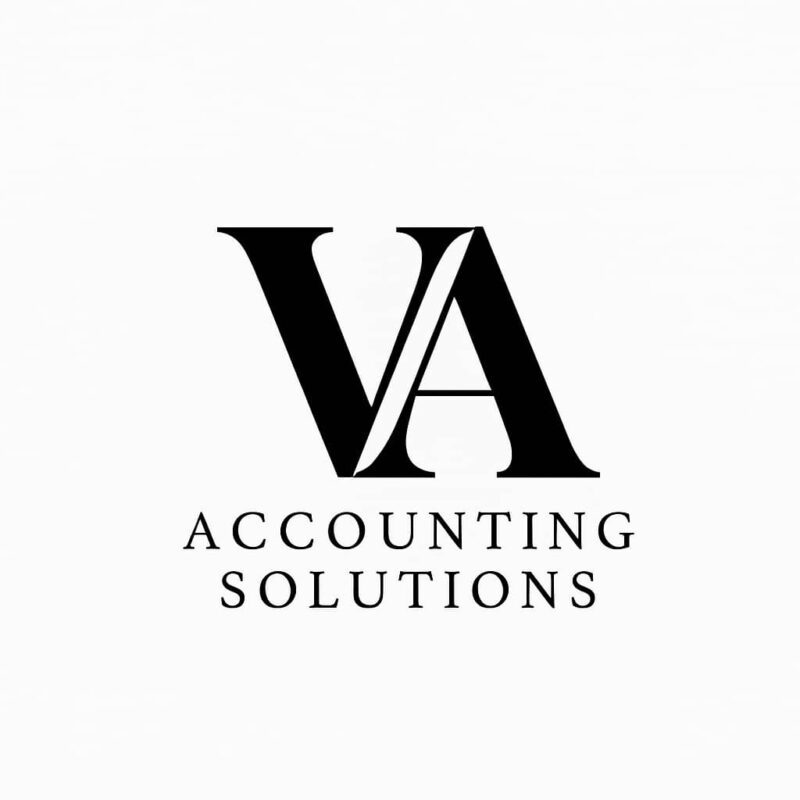When it comes to extracting money from your company, a common approach is to take a small salary and the balance via dividend.
Usually, company owners are advised to take a salary equal to the personal allowance, with the rest drawn as dividends. However, this isn’t always the most tax-efficient method.
In the UK, determining the most tax-efficient salary for business owners requires a strategic balance between maximizing take-home pay and minimizing tax liabilities. For the 2024/25 tax year, understanding the interplay between salary, National Insurance contributions, and corporation tax relief is crucial for optimizing financial outcomes.
The selection between two different annual salary figures—£12,570 and £9,100—each under specific National Insurance thresholds, presents a nuanced decision for UK business owners. These thresholds are critical in planning the most advantageous salary strategy to leverage available tax efficiencies effectively.
The following analysis elucidates why a salary of £12,570, despite triggering an employer’s National Insurance (NI) charge, generally offers greater overall tax efficiency compared to a lower salary of £9,100, which incurs no NI. The analysis here integrates the current tax rates and thresholds for the 2024/25 tax year to provide a clear perspective.

Scenario 1: Salary at £12,570
1 Income Tax: £0, as it is equal to the personal allowance.
Employer NI: The difference between £12,570 and the Lower Earnings Limit (LEL) of £9,100 is £3,470. At an NI rate of 13.8%, this results in an NI cost of £479.
Corporation Tax Relief
On extra salary: £3,470 × 19% = £659
On employer’s NI: £479 × 19% = £91
Total Corporation Tax Relief: £750
The corporation tax relief of £750 on the additional salary and NI significantly outweighs the NI cost of £479, resulting in a net tax benefit of £271.

Scenario 2: Salary at £9,100
1 Income Tax: £0, as it is below the personal allowance.
1 Employer NI: £0, as it is below the threshold for employer NI contributions.
1 Corporation Tax Relief: £9,100 × 19% = £1,729
While the lower salary avoids NI, the lesser amount of corporation tax relief compared to the first scenario renders it less advantageous overall.
Comparative Analysis
The above comparison vividly illustrates that although a salary of £12,570 incurs employer NI, the enhanced corporation tax relief not only covers this cost but also provides additional tax benefits. Importantly, this calculation assumes a corporation tax rate of 19%. With an increased marginal rate, the net savings become even more pronounced. At 26.5%:
Additional Corporation Tax Relief: (£3,470 + £479) × 26.5% = £1,046
This results in a net saving of £568 after accounting for the NI cost, significantly higher than the £271 net benefit at the 19% tax rate.
Employment Allowance
You are only entitled to employment allowance if you have 2+ directors or 1 director + 1 or more employees on your payroll so it might be worth adding directors to the payroll where possible to benefit from employment allowance. You may have been told that you need to pay some NI to get the associated benefits – not true!
This is due to what is known as the entry level NI band, where your salary is enough to be registered with HMRC as eligible for all NI related benefits. There is thus no requirement to actually pay any NI at all. Your NI record is simply kept updated with HMRC through the payroll that you would run to pay yourself a salary of the above amount.
Selecting a salary of £12,570 for most business owners is often advantageous when factoring in the ability to claim corporation tax relief on both the salary and the associated employer NI. This strategy maximizes tax efficiency by leveraging higher deductible expenses against corporate profits, thus reducing the overall tax burden more effectively than a lower salary option. It is essential for business owners to consider their specific circumstances and potentially consult with a tax professional to optimize their salary structure for the best tax outcomes.
FAQs
What is the most tax-efficient way to pay myself salary as a company director?
A common strategy involves taking a combination of a modest salary and dividends. This approach utilizes your personal allowance and benefits from the lower tax rates on dividends.
How much salary should I take to be tax-efficient?
For the 2024/25 tax year, the personal allowance is £12,570. Paying yourself a salary up to this amount means you won’t pay Income Tax. However, National Insurance Contributions (NICs) considerations may affect this strategy.
What are the National Insurance thresholds I should be aware of?
In 2024/25:
• Lower Earnings Limit (LEL): £6,396. Earning above this records a year towards your state pension without paying NICs.
• Primary Threshold: £12,570. Employee NICs start above this.
• Secondary Threshold: £9,100. Employer NICs start above this.
How are dividends taxed?
Dividends have their own tax rates:
• Dividend Allowance: £500 tax-free.
• Basic Rate: 8.75% on dividends within the basic Income Tax band.
• Higher Rate: 33.75% on dividends within the higher Income Tax band.
• Additional Rate: 39.35% on dividends exceeding the higher rate threshold.
Can I pay myself solely through dividends?
While possible, relying only on dividends means no NICs are paid, potentially affecting your entitlement to state benefits and pension. A minimal salary ensures these contributions are maintained.
What is the Employment Allowance, and am I eligible?
The Employment Allowance reduces employer NICs by up to £5,000 annually. Eligibility requires having more than one employee or director on the payroll.
Are there other tax-efficient ways to extract money from my company?
Yes, options include:
• Pension Contributions: Employer contributions are tax-deductible and don’t attract NICs.
• Director’s Loans: Borrowing from the company is possible but has strict tax implications if not repaid timely.
How do changes in tax rates and thresholds affect my remuneration strategy?
Tax rates and thresholds can change annually. It’s essential to stay updated and adjust your salary and dividend mix accordingly to maintain tax efficiency.
Should I consult a professional for tax-efficient remuneration planning?
Yes, consulting with an accountant or tax advisor ensures your remuneration strategy aligns with current tax laws and your personal financial situation.
